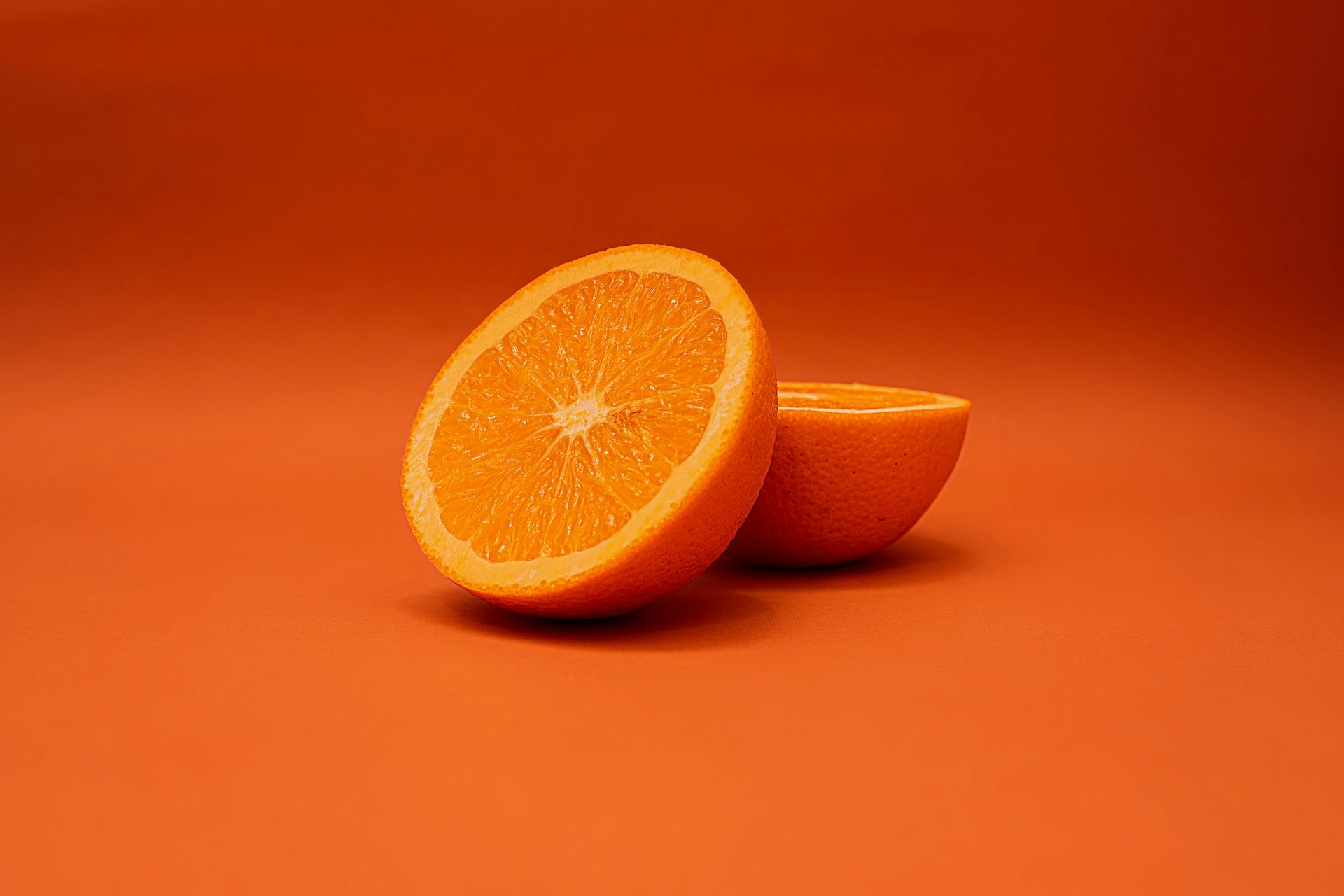Orange juice is well-known for its high vitamin C content, with an 8oz cup containing approximately 124 milligrams of vitamin C. Vitamin C, also known as ascorbic acid, is an essential nutrient that plays a crucial role in various bodily functions.
Vitamin C acts as an antioxidant, helping to protect cells from damage caused by harmful free radicals. Additionally, vitamin C is important for the synthesis of collagen, a protein that supports the structure and health of the skin, bones, and blood vessels.
What Affects the Vitamin C Content of Oranges?
According to nutrient analysis data from the U.S. Department of Agriculture (USDA), the vitamin C content of one medium orange is approximately 68 milligrams. However, the specific amount of vitamin C in orange juice can vary depending on several factors.
Firstly, the variety of orange used can affect the vitamin C content. For example, some orange varieties, such as Valencia oranges, tend to have higher vitamin C levels compared to others. Additionally, the ripeness of the oranges can impact the vitamin C content, with fully ripened oranges generally having higher levels.
How Much Vitamin C in Orange Juice?
As notes, on average, an 8-ounce cup (240 ml) of orange juice provides approximately 124 milligrams of vitamin C. This amount meets or exceeds the recommended daily intake of vitamin C for most adults, which is around 75–90 milligrams per day.
Interestingly, a ¾-cup serving of orange juice actually contains a little more vitamin C than the actual fruit—it has a concentrated dose of around 93 milligrams of vitamin C. However, the whole fruit delivers more fiber, especially if you keep the white, spongy pith intact.
Does the Body Store Extra Vitamin C?
It's worth noting that vitamin C is a water-soluble vitamin, meaning that excess amounts are usually excreted by the body rather than stored. Consuming orange juice as part of a balanced diet can help ensure an adequate intake of vitamin C.
Vitamin C in Pasteurized vs. Cold Pressed Orange Juice
It's important to remember that vitamin C is a sensitive nutrient. The processing methods employed during orange juice production can affect the vitamin C content, and can even destroy it.
Prolonged exposure to heat, air, and light can degrade vitamin C. Therefore, it is recommended to consume orange juice fresh and store it properly in a cool and dark place.
Fresh-squeezed or cold pressed orange juice typically retains more of its vitamin C content compared to commercially processed juices that have undergone pasteurization and storage. Some manufacturers may fortify orange juice with additional vitamin C to enhance its nutritional value. Drinking cold-pressed orange juice is the way to go for the best taste and nutrient content.
Conclusion
In conclusion, orange juice is an excellent source of vitamin C and other nutrients. It contains high levels of this essential nutrient, which is essential for a healthy body and immune system.
Orange juice's vitamin C content can vary depending on factors like the type of orange used, ripeness, and juicing process used, but overall, it is an excellent source of this critical nutrient.



Comment